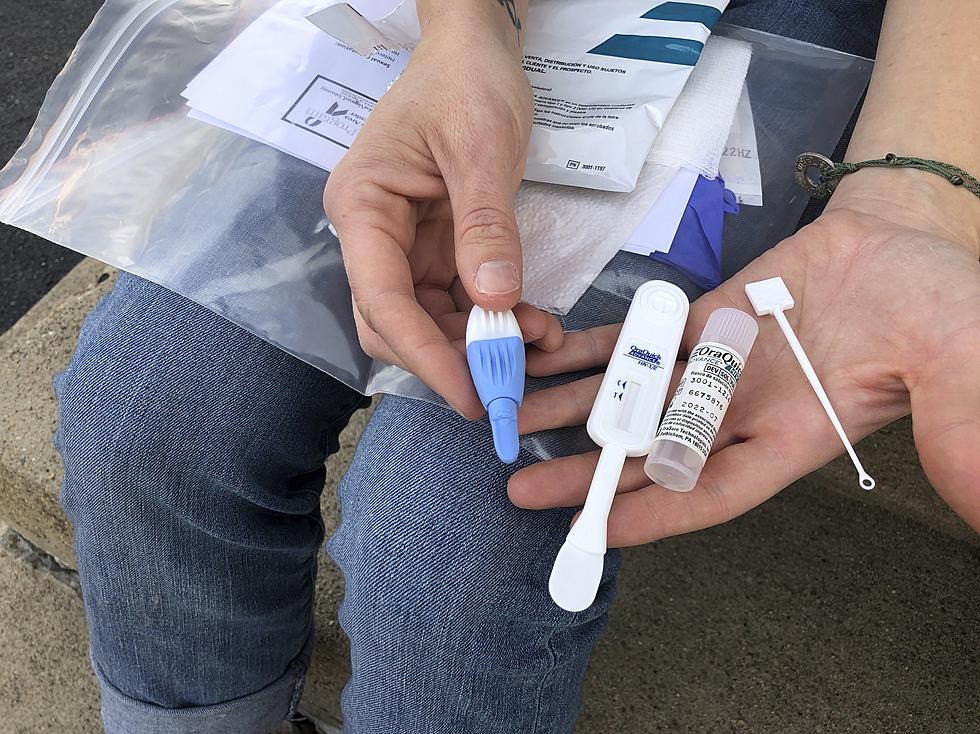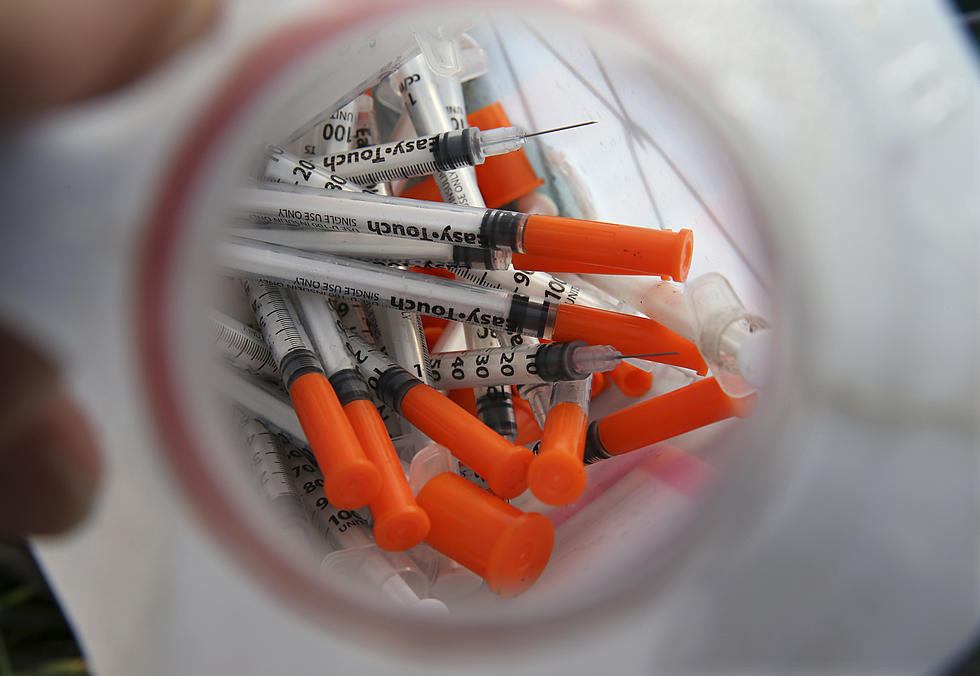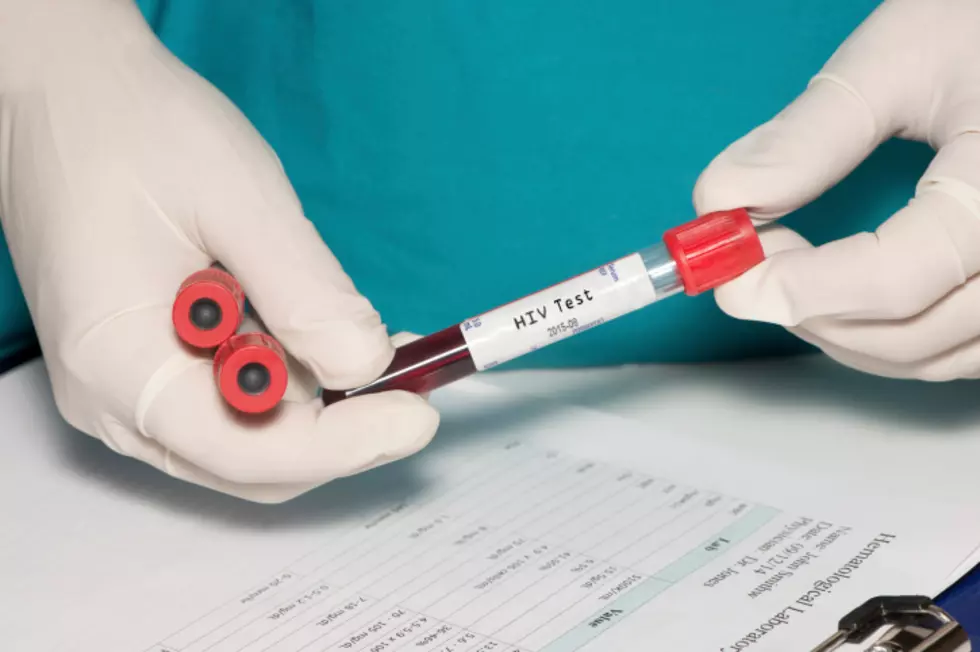
Indiana approves 1st needle-exchange program under new law
INDIANAPOLIS (AP) -- Indiana approved year-long needle-exchange program Thursday for a rural county at the center of an HIV outbreak that spurred a new state law allowing such programs to curb the spread of diseases among intravenous drug users.
State health Commissioner Dr. Jerome Adams' approval for Scott County includes a public health emergency declaration that will allow it to operate a needle-exchange through May 24, 2016. The southeastern Indiana county has operated a temporary needle-exchange since early April under executive orders Gov. Mike Pence signed in response to the largest HIV outbreak in state history.
Scott County, about 30 miles north of Louisville, Kentucky, is the first to receive state approval for a needle-exchange under the new law that ended Indiana's ban on needle-exchanges. That law provides for such exchanges if a community proves it's facing an HIV or hepatitis C epidemic fueled by intravenous drug use.
Needle-exchanges provide IV drug users with clean syringes and collect used needles to help prevent the spread of diseases. Scott County's newly-approved program under the new law starts Monday.
State epidemiologist Pam Pontones said Thursday that 160 people have tested positive for HIV -- one in a preliminary test -- since December. Nearly all of those cases have been in the poverty-stricken county, which typically has about five new cases each year of the virus that causes AIDS.
Most of the infected IV drug users had injected a liquefied form of the painkiller Opana.
Adams testified Thursday before the U.S. House's Subcommittee on Oversight and Investigations, telling lawmakers the nation's woes with rampant abuse of prescription opioids require a multi-pronged approach. He said officials need to address homelessness, hunger, health insurance access and integrating former inmates back into society after incarceration.
Access to education and jobs are also key issues, he told the panel.
"If people don't have hope, they will increasingly turn to and stay on drugs," Adams said, calling that "a painful lesson we learned in Scott County."
The Centers for Disease Control and Prevention issued an alert to health departments nationwide last month, urging them to take steps to identify and track HIV and hepatitis C cases to prevent outbreaks similar to Indiana's, which was detected in January.
As of Thursday, 171 people were participating in Scott County's needle-exchange program, which has distributed nearly 17,000 clean needles.
Baltimore, Maryland, has operated a needle-exchange program for more than two decades. During that period, the city's number of new HIV cases linked to IV drug use has fallen from about 63 percent of all new HIV cases in 1994 to about 11 percent of new cases in 2012, said Dr. Leana Wen, the city's health commissioner.
Wen said that program has taken 8.5 million potentially contaminated needles off Baltimore's streets and prevented an estimated 15,000 city residents from contracting HIV and hepatitis C.
Indiana officials said two weeks ago that after months of mounting HIV cases, a dwindling number of new cases suggested the state's outbreak may be winding down.
Pontones, the state epidemiologist, said Thursday that many of the HIV cases confirmed over the past several days have been among people who had tested negative for HIV earlier in the outbreak. She said that could mean the state isn't seeing any further transmission of HIV "outside the original circle of folks in this outbreak."
"There are encouraging signs that this outbreak is potentially leveling off," Pontones said.
Disease specialists are still working, she said, to track down about 100 people who may have shared needles or had unprotected sex with those who have already tested positive for the virus.
(Copyright 2015 The Associated Press. All rights reserved. This material may not be published, broadcast, rewritten or redistributed.)
More From New Jersey 101.5 FM









